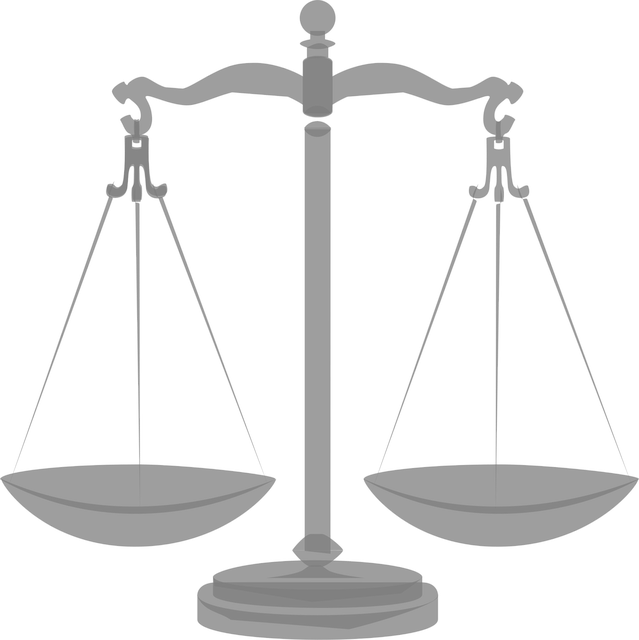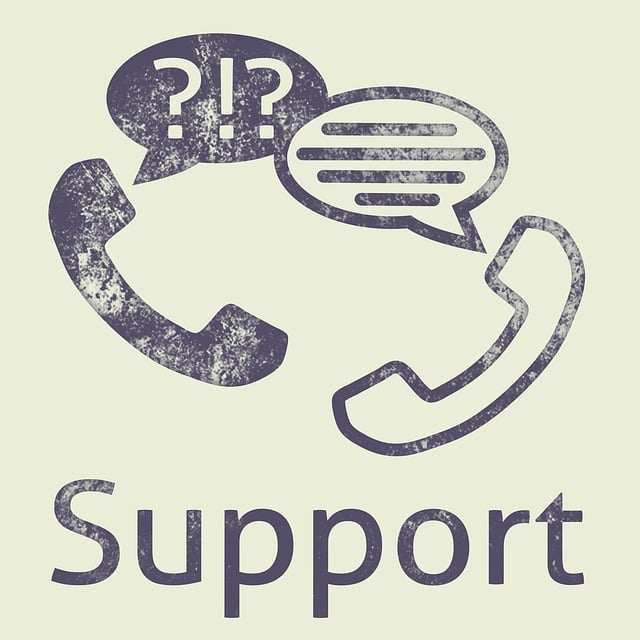Oregon residents access diverse legal aid resources for family law, domestic violence, child welfare, housing issues, and employment disputes. Based on federal poverty guidelines, low-income individuals qualify for free or low-cost legal representation through non-profit clinics, government agencies, and community organizations, ensuring equal access to justice.
“Oregon residents facing support issues, from family law matters to housing rights and employment disputes, can navigate a complex legal landscape. This comprehensive guide delves into crucial aspects of Oregon’s legal aid system, focusing on available resources for those in need. Understanding who qualifies for legal assistance, exploring family law supports, and accessing pro bono services are key steps towards empowering Oregonians to resolve their support issues effectively. Discover Oregon’s legal help offerings and take control of your situation.”
- Understanding Oregon's Legal Landscape for Support Issues
- Who Qualifies for Legal Aid in Oregon?
- Navigating Family Law Support in Oregon
- Employment and Wage Disputes: Oregon Resources
- Housing Rights and Eviction Assistance in Oregon
- Accessing Pro Bono Services for Low-Income Oregonians
Understanding Oregon's Legal Landscape for Support Issues

Oregon, with its unique legal landscape, offers a range of resources for individuals facing support issues. Accessing the right legal aid is crucial to navigating these challenges effectively. The state has established various programs and organizations dedicated to providing Oregon legal help, ensuring residents have access to justice.
These services cater to diverse support needs, including family law matters, domestic violence, child welfare, and housing issues. Non-profit legal clinics, government agencies, and community-based organizations are among the key players in delivering Oregon legal assistance. Their expertise guides individuals through complex legal processes, empowering them to secure favorable outcomes for their specific support cases.
Who Qualifies for Legal Aid in Oregon?

In Oregon, legal aid is available to individuals and families who meet certain income and asset eligibility requirements. To qualify for legal aid, applicants must have a low income, which is determined based on the U.S. Federal Poverty Guidelines. This means their annual household income should be significantly below the state median income. Additionally, any assets or resources they possess must fall within established limits. Legal aid is designed to assist those who cannot afford private legal services, ensuring equal access to justice for all Oregonians.
Oregon’s legal aid programs cater to a diverse range of clients, including low-income individuals, families with children, seniors, and people with disabilities. They offer free or low-cost legal representation in various civil matters, such as family law cases, consumer issues, housing disputes, and welfare rights. The eligibility criteria ensure that these services reach those most in need, providing much-needed Oregon legal help.
Navigating Family Law Support in Oregon

Navigating family law support in Oregon can be complex, but understanding your rights and options is essential. The state offers various resources for individuals seeking legal guidance, especially when dealing with issues like child support, spousal maintenance, or property division. Oregon legal help is accessible through a network of legal aid organizations, private attorneys, and pro bono services designed to assist residents in resolving family law matters fairly and efficiently.
These services cater to diverse needs, providing not only legal advice but also representation in court proceedings. Whether you’re facing a contested divorce or trying to establish child support, Oregon’s legal aid providers are equipped to help. They guide clients through the intricate processes, ensuring their rights are protected while working towards mutually agreeable resolutions.
Employment and Wage Disputes: Oregon Resources

In Oregon, individuals facing employment or wage disputes can access valuable resources to navigate their legal rights and options. The state’s robust network of legal aid organizations offers free or low-cost services to those who cannot afford an attorney. These organizations provide a range of support, including counseling, mediation, and representation in court.
For instance, the Oregon Law Help website offers comprehensive guides and tools tailored to employment and wage issues. It connects individuals with legal professionals who can offer advice on topics such as wrongful termination, discrimination, unpaid wages, and employee rights. Additionally, local bar associations often maintain referral lists of lawyers specializing in labor law, enabling affected individuals to seek Oregon legal help tailored to their specific needs.
Housing Rights and Eviction Assistance in Oregon

In Oregon, individuals facing housing issues can find support through various legal aid organizations dedicated to ensuring everyone has a safe and stable place to live. These organizations offer Oregon legal help for tenants by providing assistance with eviction notices, understanding landlord-tenant laws, and advocating for fair housing practices. They also help those at risk of homelessness navigate available resources, including public housing programs and rental assistance.
For those facing eviction, these legal aid services can be a game-changer. They provide guidance on tenant rights, assist in negotiating with landlords, and represent clients in court to ensure fair outcomes. With their support, Oregon residents can navigate complex legal systems and protect their housing stability, ultimately fostering a more inclusive and supportive community for all.
Accessing Pro Bono Services for Low-Income Oregonians

Low-income Oregonians facing support issues can find legal guidance through pro bono services, which offer free or low-cost legal assistance. Many organizations in Oregon are dedicated to providing these services, ensuring that financial constraints do not prevent individuals from seeking justice and resolving their legal matters. Pro bono legal help covers a range of family law cases, including child support, custody, and divorce proceedings.
These services are typically provided by lawyers who volunteer their time or are supported by non-profit organizations. The Oregon State Bar Association and local Legal Aid Services are excellent resources for connecting with pro bono providers. They can offer valuable assistance, navigating complex legal processes, and providing representation to those who might otherwise struggle to access the legal system.














